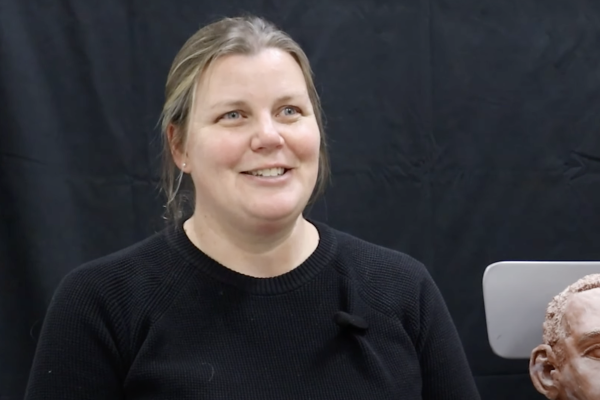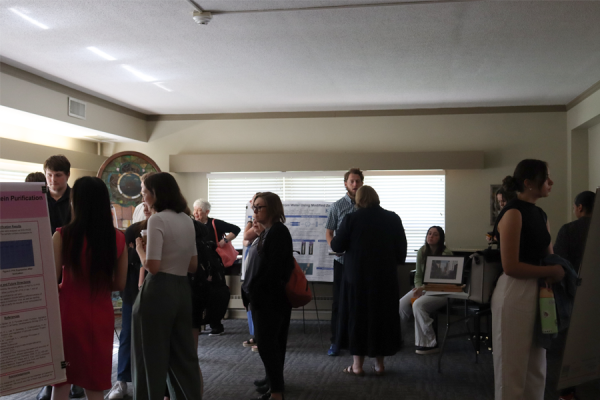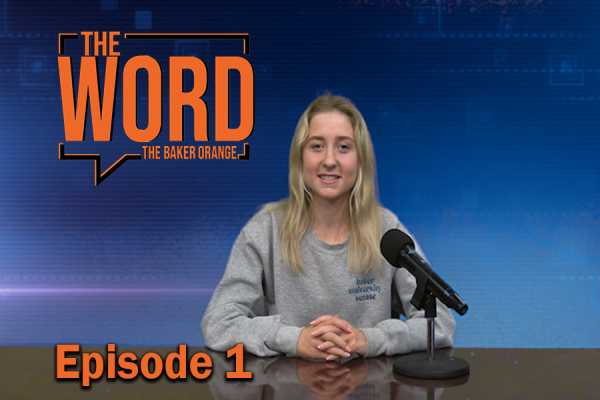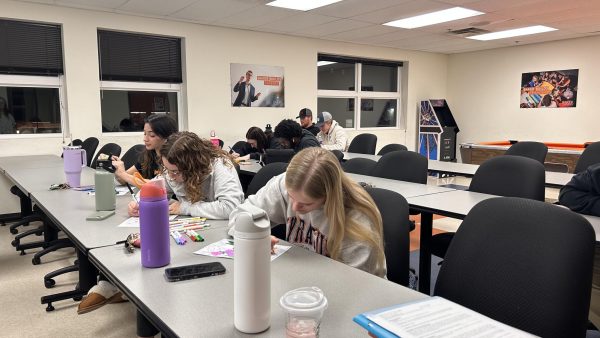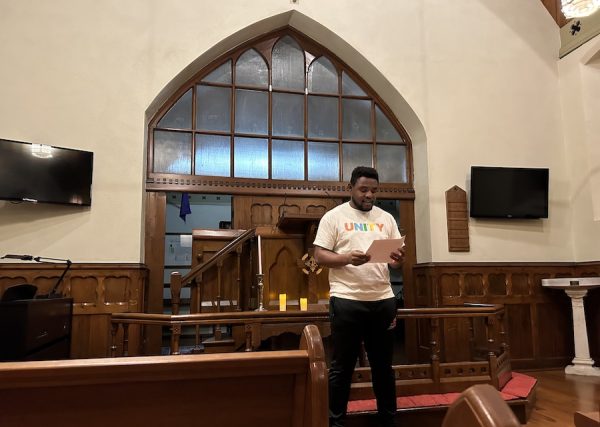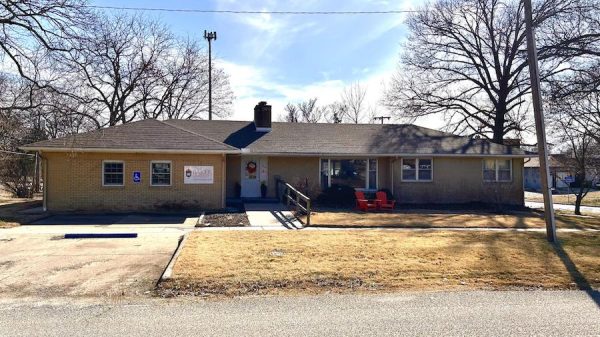Carter’s cancer battle leads to retirement
September 9, 2014
It began with a weekend off. Then, just a semester off. By the start of the fall 2014 semester, Marc Carter decided not to return to teaching at Baker University.
Last December, the former professor of psychology was diagnosed with a brain tumor known as astrocytoma. He took the spring semester off, intending to return in the fall. As his condition continued to tire him, Carter decided retirement would be the best option for both himself and the Baker community.
“The decision was largely about whether or not I could do it and do it well,” Carter said. “Not feeling that I could (do it well), I decided not to. If I was going to do it, I wanted to do it right.”
Although his surgery at the University of Kansas Medical Center satellite campus in Westwood went well, with the doctors telling him they removed over 99 percent of the tumors, Carter still felt he was not ready to return. The choice for replacement, according to Carter, was obvious.
Following Carter’s retirement, his position has been filled by Rand Ziegler, who had previously held the same position as Carter before becoming an administrator. Carter said the transition made “real good sense,” and Ziegler believes the same. Ziegler himself said it was “quite natural” for him to take over Carter’s teaching position.
After working in administration for 10 years, Ziegler is happy to be back in the faculty. Ziegler said he always knew he wanted to retire as a faculty member.
“Quite honestly, I’ve always been a faculty member at heart,” Ziegler said. “I really, really like being back in the classroom, and it reinforced to me how much I missed the being in there.”
While Ziegler was happy to transition back into the role of teaching, Carter is having a more difficult time adjusting. Carter said the hardest part is not thinking of himself as a college professor anymore.
“After having identified myself as a college professor since ’92, it’s kind of strange to think ‘OK, I’m not that now, what am I?’” Carter said.
As for “what he is,” Carter has been focusing on the things he could not find time for when he was a professor, including reading, writing and even taking a French class from his wife and former colleague, Professor of French Erin Joyce.
The two have worked together at the university for 10 years, with Joyce starting in 1999 and Carter in 2004. Joyce said that coming back from summer vacation without her husband was “a little strange” to her, but she recognizes that he made the right decision.
“In the spring, it felt like he was on a sabbatical and he would come back, but coming back this fall and knowing he was retired was a little emotional,” Joyce said. “I know he made the right decision.“
Although all of Carter’s MRIs have been clean, he is still undergoing chemotherapy five of every 28 days. He said the treatments are tedious and he is “beat all the time” during those five days, but he jokingly added that it at least gives the couple a chance to go to Costco.
Because it has only been eight months, it’s hard to tell where the cancer might go. As of right now, Carter and Joyce are taking what comes and going step-by-step with the process.
“Right after the surgery, they tell you anything could happen,” Joyce said. “I really tried to not think too much through it … Let’s just do it. I don’t know, for me, it didn’t help to think ‘What if this happens?’ We just have to do it.”
Although he is no longer a full-time professor, Carter said he has had much support from the faculty and staff, including Brian Posler, the dean of the College of Arts and Sciences. Posler has told Carter he is welcome to come back whenever he feels up to it.
“The dean has been great, but it’s a little odd when you’re really invested in a community and then all of the sudden, you’re not in that community anymore,” Carter said. “But we’re going to try and find a space for an office in the university so I can come and do some work in the library.”




